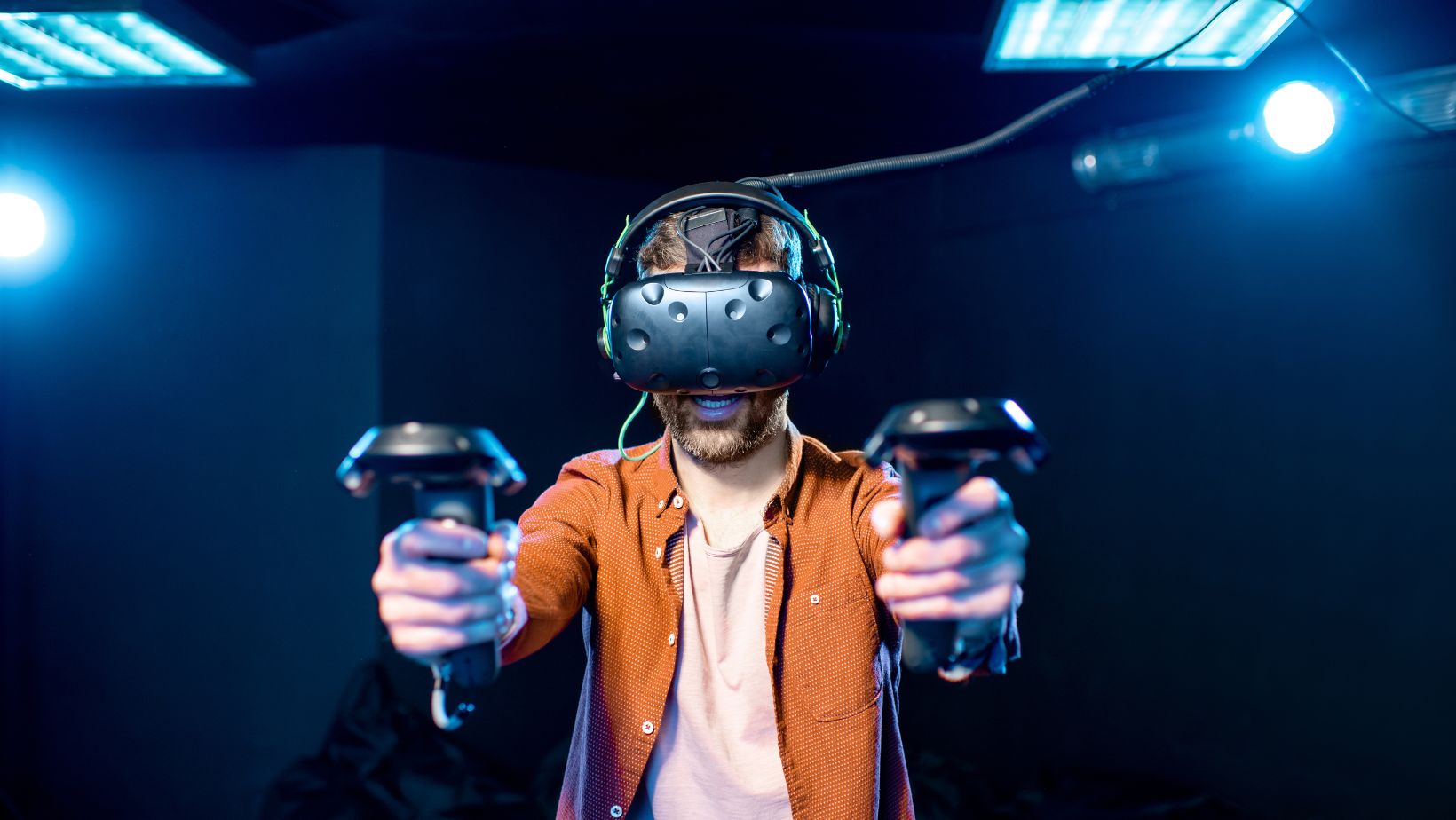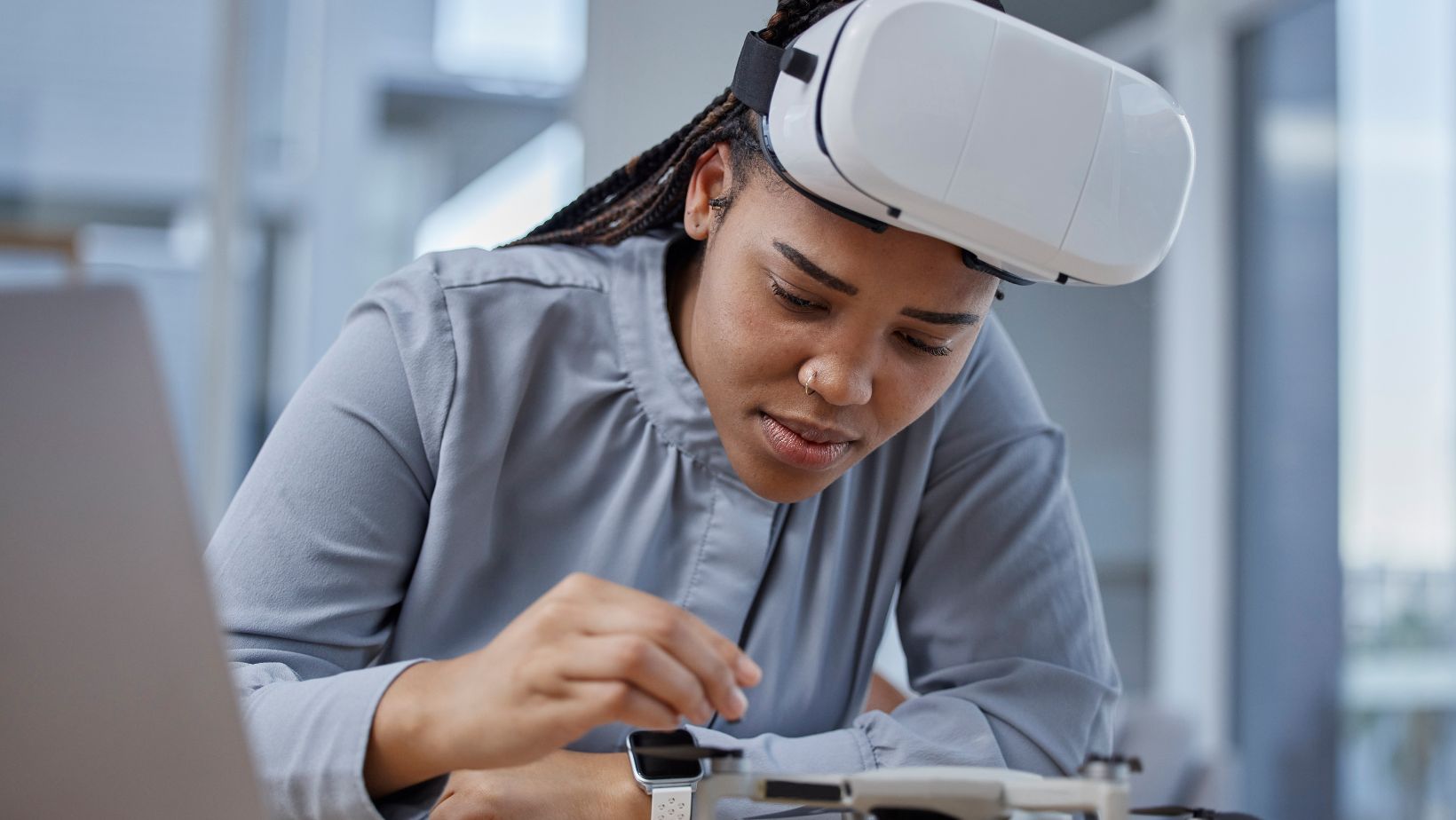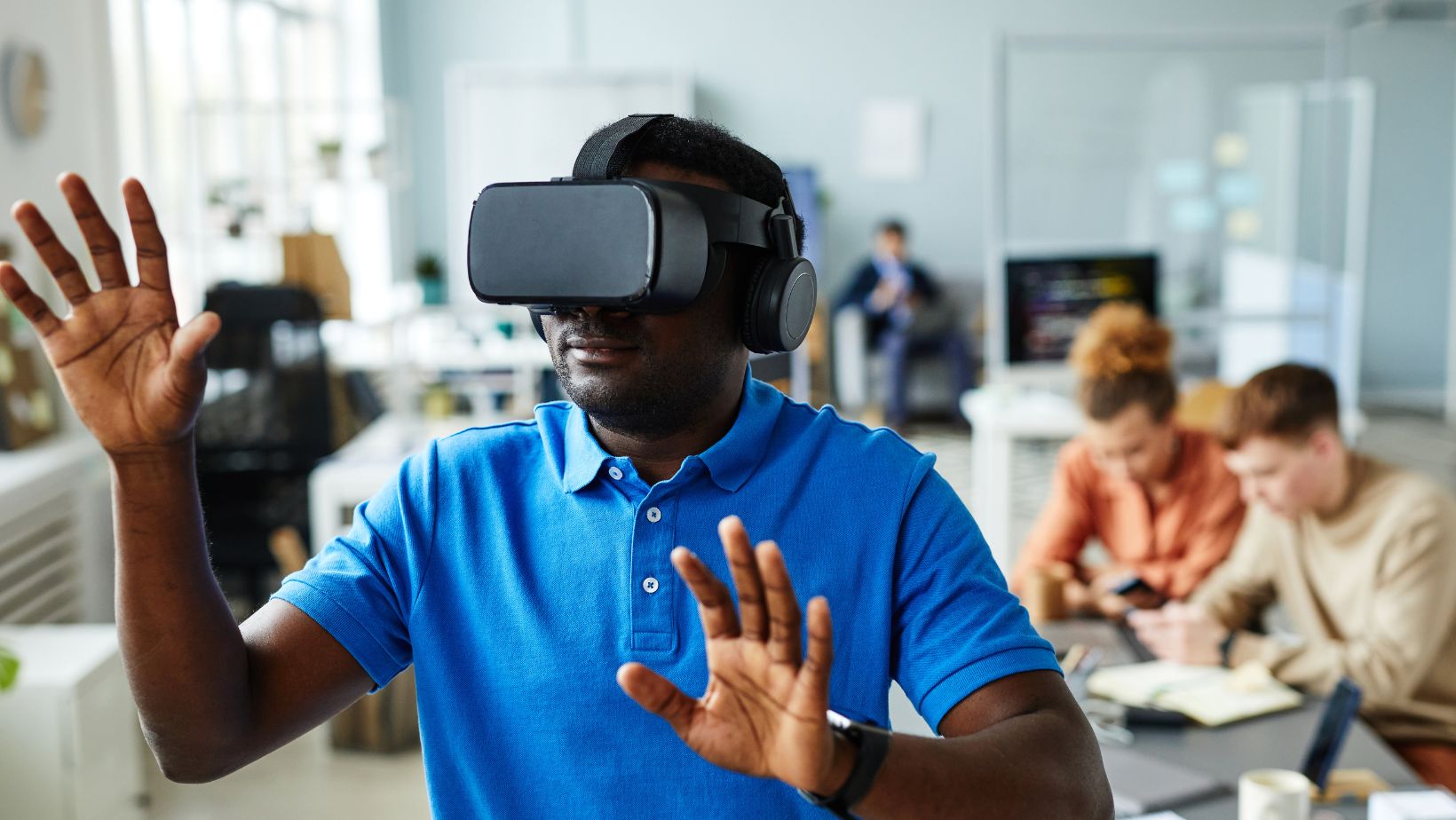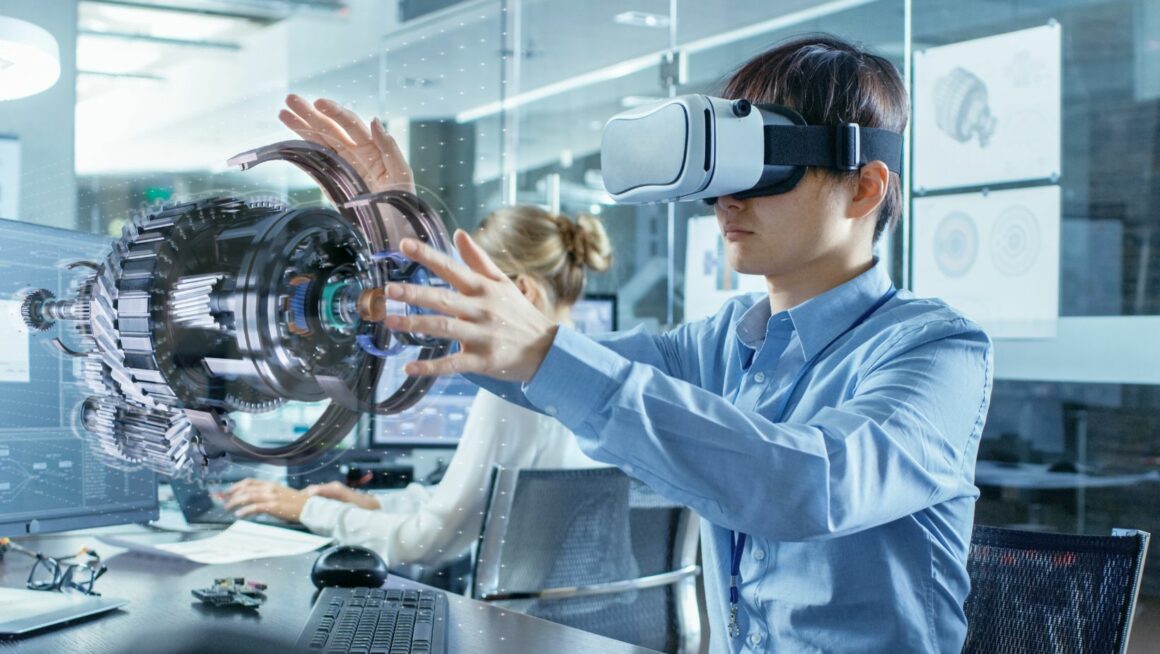In a world where technology is constantly evolving, virtual spaces have become an integral part of daily life. These digital environments offer limitless possibilities for work, play, and social interaction, transforming how individuals connect and collaborate. As more people embrace these immersive platforms, the boundaries between physical and virtual life continue to blur.
As society becomes increasingly digital, understanding life in virtual spaces is essential. These environments not only shape personal and professional experiences but also influence cultural and social dynamics. Exploring this digital frontier reveals how virtual spaces are revolutionizing the way people live, work, and connect in the modern world.
The Rise of Virtual Spaces
Virtual spaces have gained traction by transforming digital environments into hubs for interaction, work, and play. This rise connects people globally, altering the dynamics of social and professional life.
Evolution of Virtual Spaces
Initial virtual spaces appeared as simple chat rooms and basic online forums in the early 1990s. Over time, technological advancements improved these environments, leading to more immersive and interactive platforms like Second Life and World of Warcraft in the 2000s. They offered users rich digital ecosystems for social interaction and entertainment. Recently, the development of augmented reality (AR) and virtual reality (VR) technologies pushed boundaries further, creating realistic virtual worlds for users to explore. Devices like VR headsets, motion controllers, and accessories such as a head tracking clip now enable users to experience these digital environments with heightened precision and responsiveness.
Popular Platforms for Virtual Interaction
Many popular platforms provide unique virtual interaction experiences. Zoom and Microsoft Teams facilitate remote work and virtual meetings, essential to modern professional life. Online gaming platforms such as Fortnite and Roblox enable players to connect in interactive gaming spaces. Social VR platforms like VRChat allow users to engage in 3D environments, offering an immersive social experience.

Social Life at Virtual Spaces
Digital realms increasingly shape social life at virtual spaces, enhancing connectivity through virtual communities and events. These spaces foster social interaction and collaboration, providing new opportunities for engagement.
Building Online Communities
Virtual spaces facilitate the creation of online communities where individuals connect over shared interests. Platforms like Reddit and Discord offer forums and chat rooms where users discuss topics ranging from technology to art. These communities extend beyond mere communication, allowing members to collaborate on projects, host discussions, and share resources, thus enhancing their digital social experiences.
Virtual Events and Gatherings
Virtual events and gatherings provide dynamic avenues for interaction within virtual spaces. Platforms such as Zoom, Microsoft Teams, and VRChat host events ranging from professional conferences to casual meetups. These events highlight how virtual spaces break down barriers and foster a global exchange of ideas.

Education in Virtual Spaces
Education embraces virtual spaces by incorporating technology into learning environments. The digital landscape transforms traditional methods into engaging platforms for diverse learning experiences.
E-Learning Platforms
E-learning platforms like Coursera, Udemy, and Khan Academy provide accessible educational resources online. These platforms offer courses covering a wide range of subjects, from programming and business to arts and languages. Learners gain flexibility and convenience through virtual access to high-quality materials and expert instruction.
Virtual Classrooms
Virtual classrooms redefine the typical learning space by facilitating real-time interaction in a digital format. Tools like Google Classroom and Blackboard Collaborate enable educators to create interactive sessions, integrating live lectures, discussions, and collaborative projects. These platforms enhance engagement, allowing students from different geographical locations to participate simultaneously.
The future of virtual spaces offers exciting possibilities as technology evolves and society adapts. These immersive digital environments continue to impact various aspects of daily life, redefining how individuals connect, work, and learn.

Potential Impacts on Society
Virtual spaces promise significant societal transformations. They democratize access to resources by removing geographical barriers, allowing more individuals to participate in global events and markets. In education, VR and AR offer innovative learning tools, fostering deeper engagement and understanding. Economically, virtual marketplaces create opportunities for businesses and entrepreneurs to reach wider audiences.
However, the journey into these virtual realms also presents challenges that require careful navigation to ensure a balanced and secure digital existence. By embracing the potential of virtual spaces and addressing their inherent risks, society can unlock a future where technology enriches lives and fosters global collaboration.

